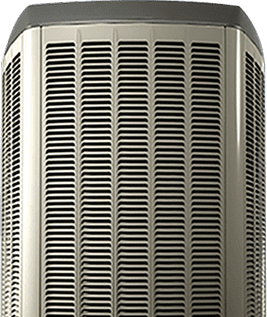READ THE SIGNS: HOW TO DECIDE WHEN YOU NEED A NEW FURNACE

How To Decide When To Buy A New Furnace?
It can be tough having to choose between repairing an aging furnace or replacing it outright with a new one. Understanding what furnace warning signs to be aware of can help ease the decision-making process.
Your furnace is what keeps your home at a comfortable temperature throughout the winter, meaning that it is absolutely crucial for you to make sure that it is running as smoothly as possible. As with any machine or appliance in your home, a furnace accumulates wear and tear over time, and eventually its performance will falter and the unit will need to be replaced. Every homeowner needs to know when replacing a furnace will be the cheaper, smarter option versus repairing it (again).
Consider these tips to help determine whether or not you need a new furnace:
- You should never wait until your furnace fails before replacing it. A broken furnace means freezing temperatures at home as well as a lot of stress while work goes on to fix it. Instead, keep track of your furnace’s age so that you can compare it with the average lifespan of other furnaces (typically between 15 and 20 years). Once your furnace enters into that range, you should start shopping around for a more modern, energy-efficient model.
- If you notice that your heating bills are becoming more and more expensive, you need to investigate the reason behind the rise. Sometimes it is not because power has become more expensive but because your furnace is using more of it to provide the same heating as before. If this is the case, you should take action in regards to your furnace before the problem worsens.
- Similarly, if you feel that your home is no longer as comfortable as it once was, that could be a sign your furnace is faltering. For example, if you notice that some of your rooms are warm and comfortable while others are cooler than they should be, that is a clear sign that your furnace can no longer ensure proper distribution of heat throughout your home.
- Strange noises such as bangs and rattles could be a sign that your furnace is no longer running as smoothly it should be. On a related note, if you notice that your furnace is turning on and off repeatedly within a short period of time without a corresponding change in room temperature, that too should be considered a troubling sign.
- If you have had your furnace repaired a couple times or more within a few short years, you should start searching for a replacement while there is still time. Like most systems in your home, an aging furnace will start to break down faster with time. In other words, repeated repairs might be no more than temporary solutions at best.
Before replacing your furnace, consult a professional before making a final decision. An experienced, professional heating technician will be able to tell you for certain if you need a new furnace, and what model is best suited to heat your home.
